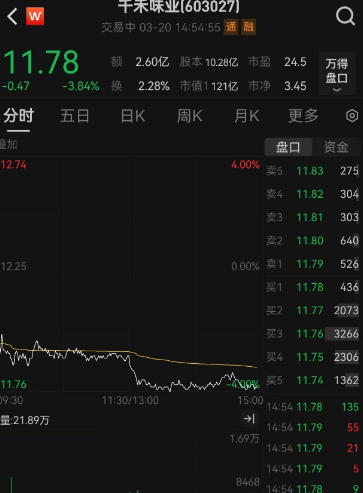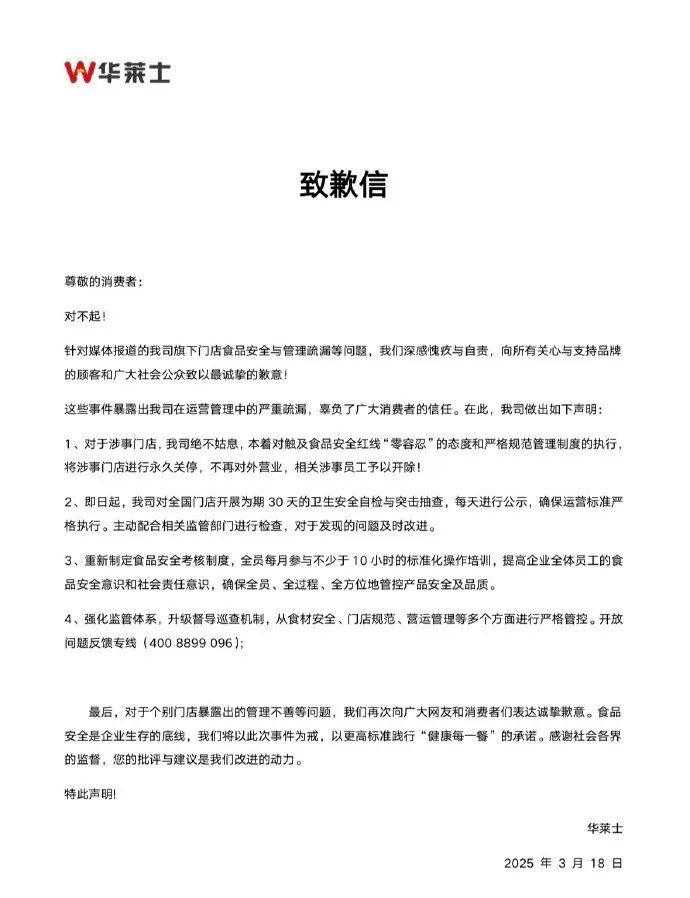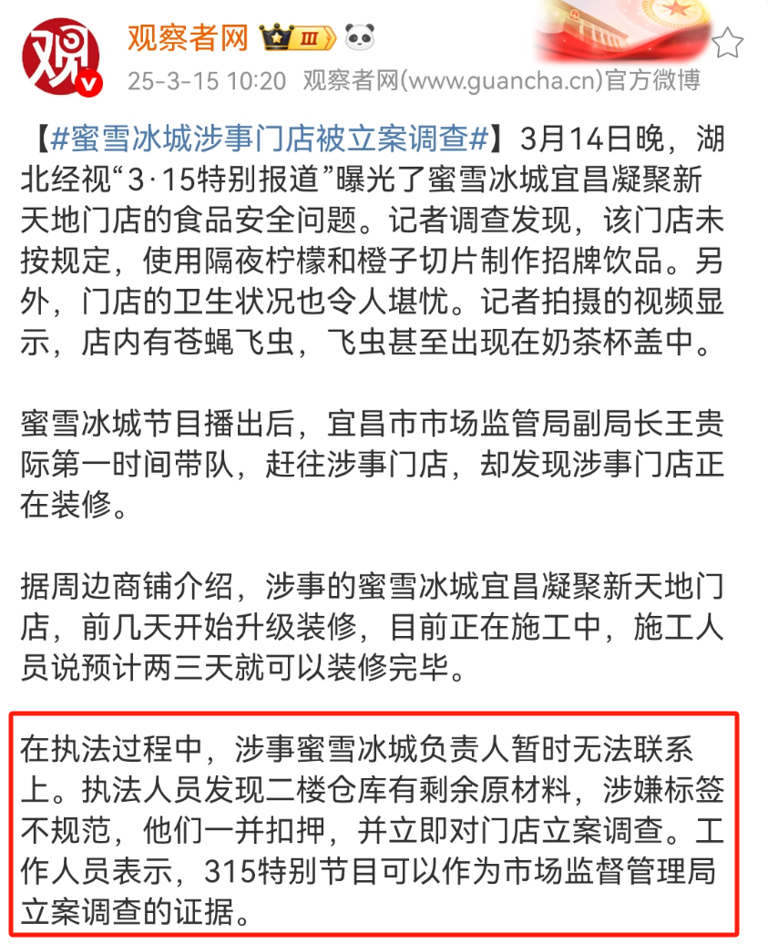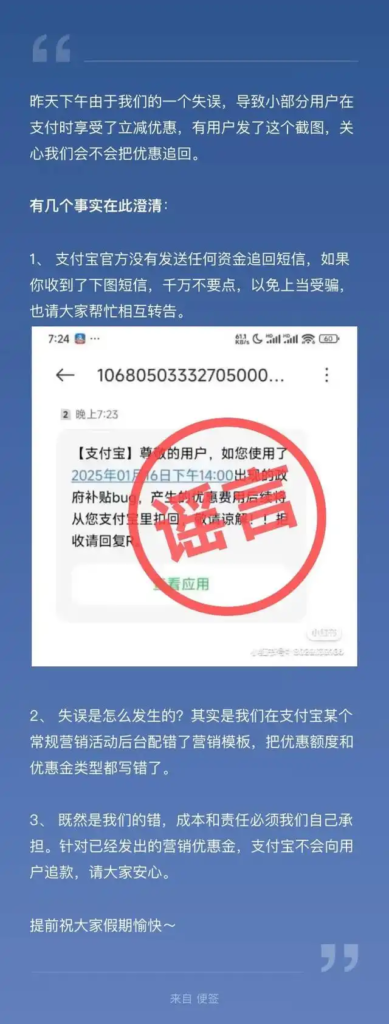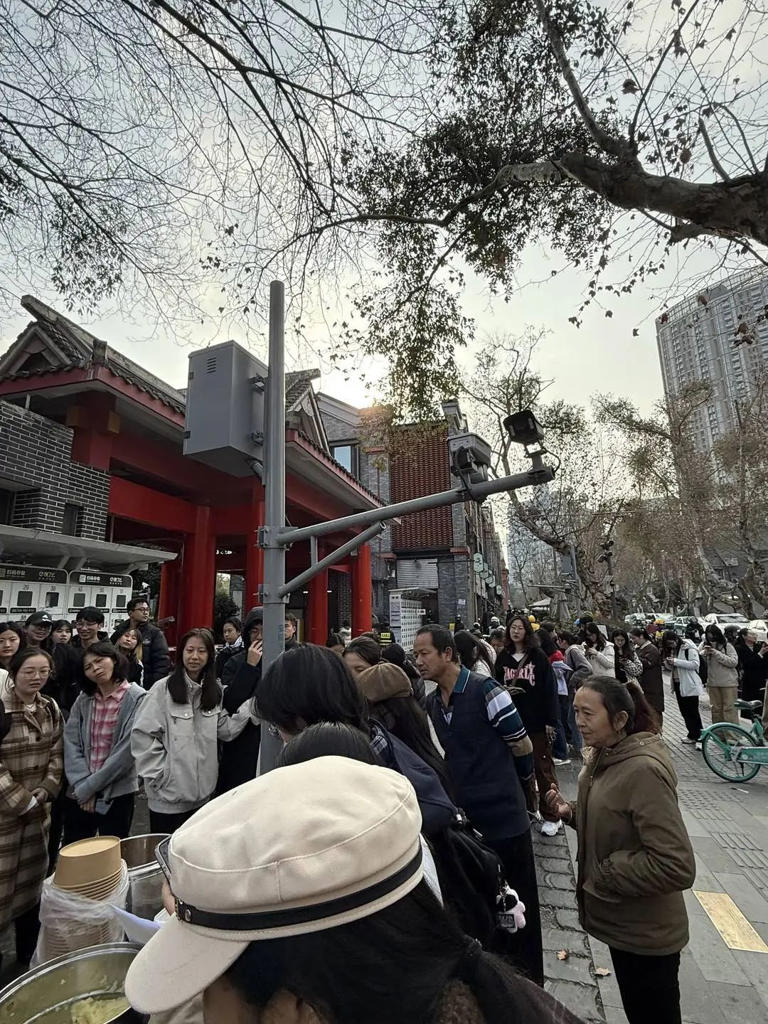The Truth Behind “996”: The Triangular Game Between Law, Firms and Workers
Do you think the “996 work system” is a new thing? In fact, it has long since become an “unspoken rule” in the Chinese workplace, and while it is still rampant in some industries, it is far from an inevitable “fate”. We often hear complaints: “Why aren’t regulators doing it?” Why is ‘996’ still so common? Are these doubts just? Is it really as it seems on the surface, and there is no solution? Today, we might as well lift this fog together and see how the government, enterprises and workers wrestle with each other.
The Debate on the Legitimacy of the “996 Work System”: Who Should Pay for This Phenomenon?
It must be made clear that the so-called “996 work system” is actually a work model that extends the statutory working hours, which exceeds the provisions of the Labor Law on working hours. According to the law, normal working hours should be no more than 8 hours per day and 44 hours per week. If the company forcibly allows employees to “996”, that is, 9 in the morning and 9 in the evening, and they have to work on Saturdays, it is obviously violating the bottom line of the law.
Is it true that there is no regulatory department to intervene? In fact, the problem is far more complicated than we think. China’s labor laws and regulations are not lacking, but they face great challenges at the enforcement level. On the one hand, many companies, especially Internet and technology companies, circumvent regulation by entering into so-called “contracts”, which “legitimizes” some “996” behaviors, i.e., employees may agree to such overtime arrangements or be forced to accept this “culture”.
But on the other hand, the government and relevant departments are not without action. Over the past few years, the government has continued to strengthen enforcement of labor laws, introducing initiatives to strengthen enforcement and impose penalties on companies that do not comply with labor laws. This includes carrying out special law enforcement inspections and explicitly requiring companies to correct their violations. In addition, it also raises the legal awareness of workers through various ways to help them understand their legitimate rights and interests.
Despite this, the problem has not been completely resolved. What is the reason? It is because of the game between enterprises and the government, the lack of awareness of workers’ rights protection, and the blind spot in the implementation of labor laws.

Why is the government’s action always half a beat slower? It’s not that you don’t do it, but …
“Why didn’t the regulators take action?” This issue has sparked countless discussions, and has even become a hot meme on the Internet. But in fact, if you dig deeper, you will find that the government is not inactive, but often faces real problems in the face of a huge market and a complex labor environment.
In many cases, companies do not directly challenge the law, but subtly circumvent regulation through a variety of means. For example, many Internet companies “legitimate” overtime through the so-called “flexible work system”, or shirk overtime responsibility with “project system” and “performance system”, which makes “996” less easy to hold accountable. Government regulation often requires a strong chain of evidence and specific case support, and this covert “996 culture” brings great difficulties to regulation.
In addition, although the government has been emphasizing the strengthening of the enforcement of labor regulations, the effect of the enforcement of the relevant laws is not immediate. Labor laws are not enough to punish companies, and many companies would rather pay fines than change their internal overtime culture. In addition, some enterprises are not very “sensitive” to the law, so the implementation is naturally not so fast.
Workers’ awareness of rights and interests is awakening: the limelight is strong, and the future is promising
“996” is not only a matter between enterprises and the government, it directly affects every worker. In the past few years, many people have maintained a “habitual” obedience to overtime, feeling that it is all for work and development anyway, and they will endure it and pass. However, with the development of society and the popularization of online platforms, more and more workers have begun to realize that long hours of overtime are not only bad for their health, but also seriously affect their quality of life and personal health.
This is also a turning point in public opinion. With the spread of social media, more and more discussions about the “996” overtime phenomenon have surfaced. These discussions are not only at the level of complaints, but also many people have come forward to protest against the unreasonable overtime culture. For example, some employees of Internet companies use trade unions, lawyers, etc., to fight for their legitimate rights and interests and maintain work-life balance. In this way, it not only increases the social pressure on illegal enterprises, but also makes more and more people realize the importance of protecting their own rights and interests.

Therefore, although “996” is still rampant in some industries, we have to admit that workers’ awareness of rights protection is in an unprecedented rising period, which has brought greater challenges and pressure to enterprises and governments. With the development of this trend, we have reason to believe that in the future, more companies will have to face this torrent of “changing workplace culture”, and all of this comes from the continuous fermentation of social public opinion and the improvement of workers’ awareness of rights protection.
Conclusion: Will the workplace of the future be fairer?
In the face of the “996 work system”, we cannot simply attribute the problem to government inaction, corporate irresponsibility, or the lack of smart workers. In fact, it is a three-way game, with each side looking for its own balance. In the long run, only when the government strengthens law enforcement, enterprises truly assume their social responsibilities, and workers’ awareness of protecting their rights continues to improve, can we jointly promote a fairer and more reasonable workplace environment.

 Entering China
Entering China
